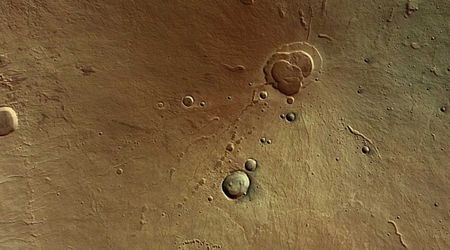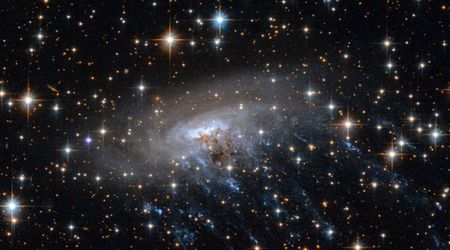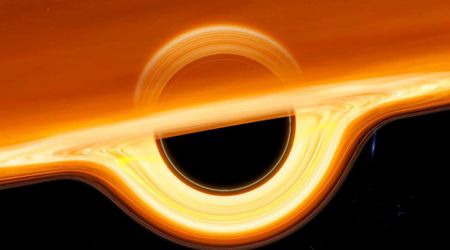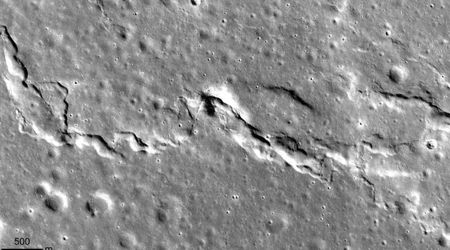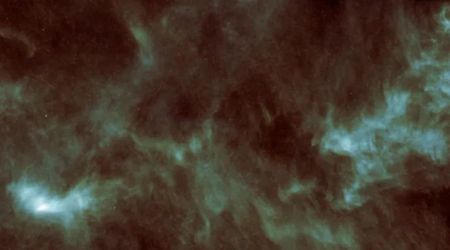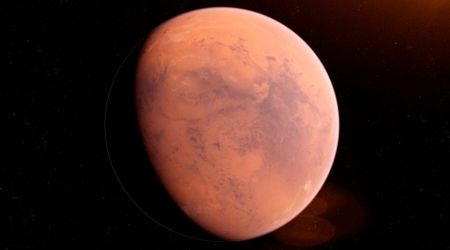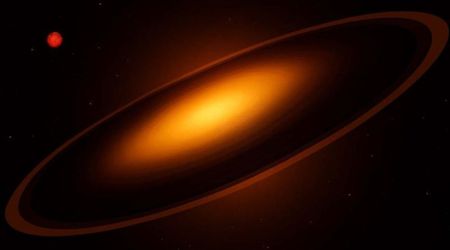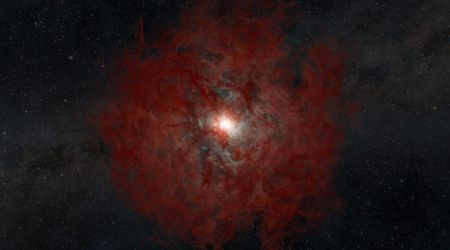Elon Musk announced plans to decommission SpaceX's Dragon amid Trump fued — then he 'cooled off'

Amid the ongoing feud with U.S. President Donald Trump, Elon Musk made a significant announcement on X on June 5, stating that his company SpaceX would immediately commence the decommissioning of its Dragon spacecraft. This drastic measure was a direct consequence of Trump's public statements to cancel government contracts with Musk's businesses — a move that prompted Musk to cite the President's remarks as the reason behind his decision, reported CNBC. Yet, within hours, Musk rescinded his statement, affirming on X, “Ok, we won’t decommission Dragon,” after an online user urged him to “cool off.”

This quick change of heart unfolded as the war of words between Musk and Trump intensified, stemming from Musk’s earlier criticism of a major tax bill promoted by the Republican president, notably impacting the Dragon, which serves as the sole U.S. conduit for ferrying crew to and from the International Space Station (ISS). Elon Musk’s initial declaration to decommission the Dragon spacecraft was a direct retort to a Truth Social post from Trump. In his post, the president suggested the “easiest way to save money in our Budget, Billions and Billions of Dollars, is to terminate Elon’s Governmental Subsidies and Contracts," further expressing surprise that the Biden administration had not already done so.
In light of the President’s statement about cancellation of my government contracts, @SpaceX will begin decommissioning its Dragon spacecraft immediately pic.twitter.com/NG9sijjkgW
— Elon Musk (@elonmusk) June 5, 2025
This public statement from Trump prompted Musk’s immediate and dramatic response. However, the rapid escalation was diffused quickly by an X user, @Fab25june, who urged Musk to reconsider his decision, “This is a shame, this back and forth. You are both (Trump and Musk) better than this. Cool off and take a step back for a couple of days.” Musk promptly heeded the advice, responding, “Good advice. Ok, we won’t decommission Dragon.”
This is a shame this back and forth. You are both better than this. Cool off and take a step back for a couple days.
— Alaska (@Fab25june) June 6, 2025

Despite this momentary truce, the long-term implications, including its durability and Elon Musk’s genuine intentions regarding the Dragon spacecraft’s future, remain uncertain. Before his change of heart, Musk critiqued Trump and his “One big, beautiful bill,” even asserting, “Without me, Trump would have lost the election” and lamenting, “Such ingratitude,” given his substantial financial backing, reportedly over a quarter billion dollars, for Trump’s 2024 White House campaign, as well as his previous role as a top government advisor, per the outlet.
Without me, Trump would have lost the election, Dems would control the House and the Republicans would be 51-49 in the Senate.
— Elon Musk (@elonmusk) June 5, 2025
The Dragon capsule, central to this dispute, holds critical importance for U.S. space operations. It recently brought back NASA astronauts Butch Wilmore and Suni Williams to Earth in March after their mission was unexpectedly delayed at the ISS due to issues with a Boeing Starliner capsule. Furthermore, in April, a Dragon craft successfully delivered 6,700 pounds of vital supplies, science investigations, and equipment to the ISS, which currently hosts seven crew members, including three NASA astronauts, under the leadership of Russian cosmonaut Aleksey Ovchinin.
NASA will continue to execute upon the President’s vision for the future of space. We will continue to work with our industry partners to ensure the President’s objectives in space are met.
— Bethany Stevens (@NASASpox) June 5, 2025
In response to Musk’s initial announcement, NASA Press Secretary Bethany Stevens affirmed the agency’s commitment to the Trump administration. She said, “NASA will continue to execute upon the President’s vision for the future of space” and “continue to work with our industry partners to ensure the President’s objectives in space are met. (sic)” Moreover, as of now, SpaceX is also trying to develop a replacement for its Dragon spacecraft, according to SpaceX President Gwynne Shotwell, per WESH. Most likely, the company would be using Dragon for six to eight years, as SpaceX is testing Starship, which exploded recently during its launch in May.

